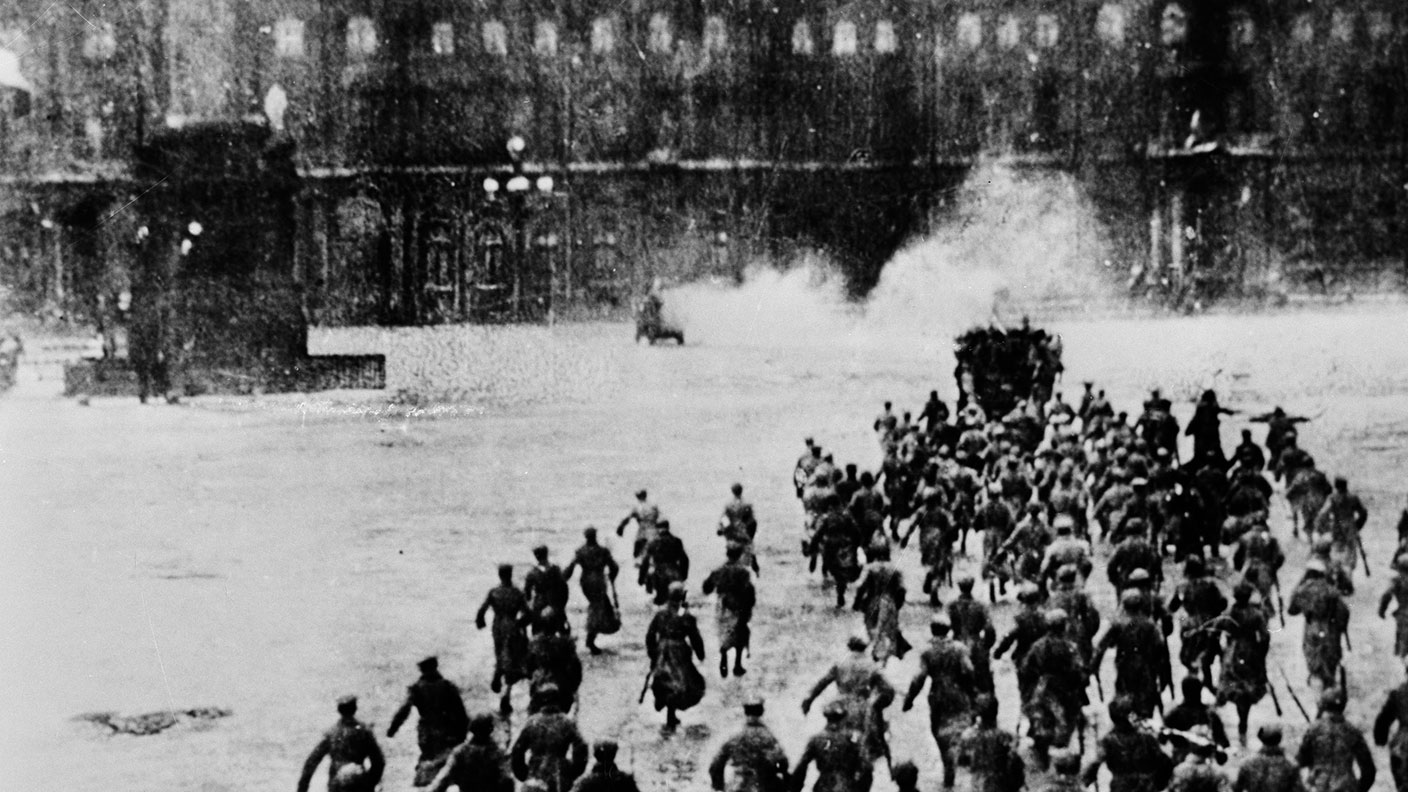19 February 1861: Russia emancipates 23 million serfs
On this day in in 1861, Tsar Alexander II issued a declaration emancipating 23 million Russian serfs from their feudal overlords.

Get the latest financial news, insights and expert analysis from our award-winning MoneyWeek team, to help you understand what really matters when it comes to your finances.
You are now subscribed
Your newsletter sign-up was successful
Want to add more newsletters?
From the 12th century onwards, serfdom had been a key feature of Russian life. In contrast to European feudalism, where serfs only tithed a portion of their crops to their masters, they effectively worked full-time for their master.
Initially, serfs had the right to leave their master's property at certain times of the year, but this was stopped in 1597. Further changes in 1649 gave masters almost total control over their serfs, turning them into de facto slaves. They were even bought and sold between landowners.
Because serfs didn't own the land they worked, they had little incentive to improve it. Restrictions on mobility hampered the development of industry. At the same time, serfs, who accounted for a third of the population, grew increasingly angry, with 712 uprisings between 1826 and 1854.
Try 6 free issues of MoneyWeek today
Get unparalleled financial insight, analysis and expert opinion you can profit from.

Sign up to Money Morning
Don't miss the latest investment and personal finances news, market analysis, plus money-saving tips with our free twice-daily newsletter
Don't miss the latest investment and personal finances news, market analysis, plus money-saving tips with our free twice-daily newsletter
There had been several previous attempts to reform serfdom. A 1797 law limited direct work for a master to three days a week, and an 1801 law banned the sale of individual serfs. However, these laws were generally ignored.
The tipping point finally came when the relatively liberal Alexander II became Tsar. After studying the issue for several years, on this day in 1861 he issued a declaration emancipating 23 million serfs on privately owned estates. Those on state-owned estates were freed in 1866.
While the serfs were now allowed to buy land from their former masters, the state loaned rather than gave them the money,. This left families with huge debts, which were only cancelled in 1907. At the same time, common land was given to the nobility. As a result, the nobility still controlled 50% of all land, while peasants only owned 20%, ensuring that Russia was still an unequal society, and laying the ground for the Russian Revolution.
Get the latest financial news, insights and expert analysis from our award-winning MoneyWeek team, to help you understand what really matters when it comes to your finances.

-
 Student loans debate: should you fund your child through university?
Student loans debate: should you fund your child through university?Graduates are complaining about their levels of student debt so should wealthy parents be helping them avoid student loans?
-
 Review: Pierre & Vacances – affordable luxury in iconic Flaine
Review: Pierre & Vacances – affordable luxury in iconic FlaineSnow-sure and steeped in rich architectural heritage, Flaine is a unique ski resort which offers something for all of the family.
-
30 December 1922: the Soviet Union is born
Features On this day in 1922, delegates from Russia, Ukraine, Belarus and the Transcaucus agreed to the formation of the Soviet Union.
-
 7 November 1917: The Russian Winter Palace falls
7 November 1917: The Russian Winter Palace fallsFeatures On this day in 1917, the seat of government – the Winter Palace in St Petersburg – fell to the Bolsheviks, cementing communist rule in Russia.